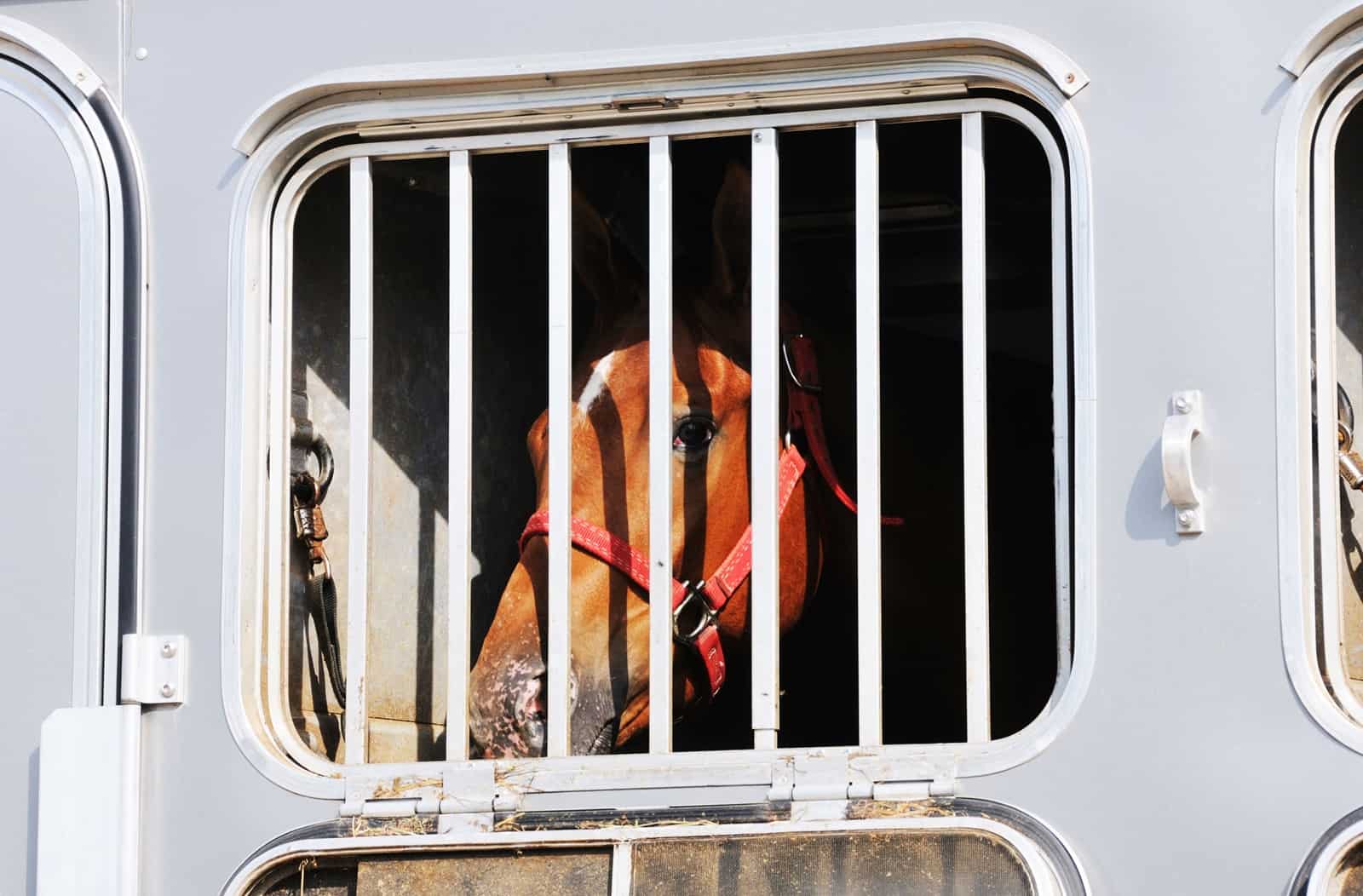Equine Gastric Ulcers: Diagnosis, Treatment, and Prevention
Dull coat? Cinchy? Thin? Your horse might be one of the 50-90% suffering from gastric ulcers. Get your gastric ulcer questions answered during our live Q&A event.
- Topics: Anatomy & Physiology, Ask TheHorse, Digestive System, Digestive Tract Problems, Diseases and Conditions, Feeding Foals and Young Horses, Feeding High-Performance Horses, Feeding Old Horses, Grains, Hay, Horse Care, Nutrition, Nutrition Basics, Older Horse Care Concerns, Podcasts, Sports Medicine, Sports Nutrition, Transport Stress, Transportation, Ulcers
Share
ADVERTISEMENT

Photo: iStock
Does your horse have a dull coat? Is he cinchy during saddling? Is he hard to keep weight on? He might be one of the 50-90% of horses suffering from gastric ulcers. Get your gastric ulcer questions answered during our live Q&A event.
Share
Written by:
Frank M. Andrews, DVM, MS, Dipl. ACVIM
Frank M. Andrews, DVM, MS, Dipl. ACVIM, is LVMA Equine Committee professor and director of the Equine Health Studies Program at Louisiana State University’s School of Veterinary Medicine. As an internal medicine specialist, Andrews research interests include equine gastric ulcer disease.
Related Articles
Stay on top of the most recent Horse Health news with















